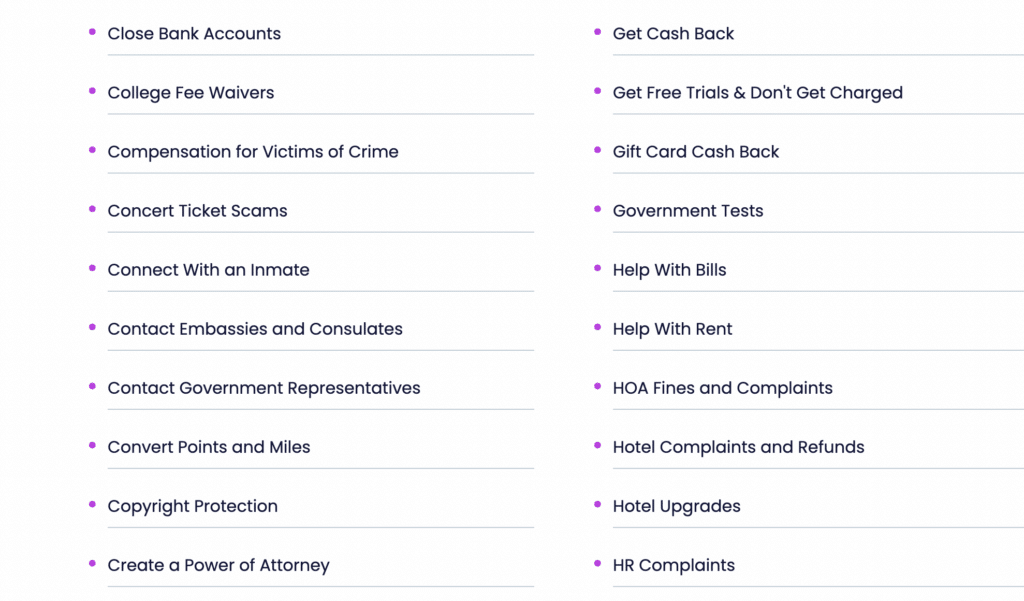ChatGPT Use Cases You Haven't Thought of
When we published a blog about GPT-3 last year, we thought it would be fun to have the generative AI model itself write parts of the article. With the release of the new GPT3.5 update's ChatGPT at the end of November, there's been an explosion of attention on AI-generated text, with many authors bringing it into their articles in the same way. Within a few weeks of ChatGPT's release, this meta-textual play has already become predictable and commonplace.
It's just too tempting (and, in some ways, chilling) to showcase the well-crafted writing capabilities of this powerful machine learning model. This is computer-generated writing better than we've ever seen it before. I'm sure more than a few teachers have astonishingly noted that it writes better than most students do. With the right prompting it can also write code, making it big news for developers and programmers as well.
Essays, summaries, and software generation may be some of the most obvious applications, but these uses of generative AI also have some big problems and limitations. There are many other ChatGPT use cases that aren't as problematic and can offer a new way of looking at things. Here are a few that you may have overlooked.
Scenario Testing & Project Planning
I like to teach my kids to look for silver linings when things go wrong---and over the holidays, I considered making a board game out of this exercise and giving it to them as a Christmas present. Naturally, I didn't have time to create custom cards with problem scenarios and package them up in game form, so it didn't end up happening. But then I thought, why not have ChatGPT generate these problem scenarios for us? We tried it, and I also had the chatbot rate the scenarios as minor or significant, which helped us determine how many spaces to move on a game board we already had on hand. The kids delighted in a new interactive way to play this game, and they got to practice positive mindset at the same time.

This could potentially be helpful at work too. For example, in starting a new project or design, you could ask it to generate potential problems that might come up in order to better prepare. Or, in a case where an outcome is desired but there are multiple approach options, you might ask it for planning ideas or pros and cons of different methods. Although you wouldn't want to take its advice blindly, it could provide another perspective you hadn't thought of, or at least help organize thoughts and plans. When you're feeling unclear about steps to take or trying to create the most optimal timeline, ChatGPT will quickly generate a plan for you, which you can then tweak as you need to.
Practice Interviews
ChatGPT knows the kinds of questions interviewers ask, and it can quickly give you as many as you want in order to practice for a job interview. And since it's a chatbot, you can also have a dialogue back and forth and get feedback on your responses. It will give you tips that have been helpful to other applicants in general and/or specific to your field. On the flip side, if you're the one hiring, you can use it for ideas on new questions you might want to ask. Even journalists preparing to interview a subject may save time formulating questions with it. And, if language is an issue, it can translate or help with sentence structure so that thoughts come across more clearly when it's time for the conversation.
Team-Building Games
Just like I used ChatGPT to generate questions for a game with my kids, work teams could potentially use it to create questions and ice-breakers for group activities or casual meetings. It wouldn't be as smooth or well-designed as a more dedicated team-building service, but the benefit in comparison would be that it's free. Sometimes seeing what it generates is entertainment in itself, and it can get conversations, ideas, and laughs going if needed.

ChatGPT Use Cases Integrated into Other Apps & Platforms
The applications above can be fun to explore and may lead to new insights or perspectives. Admittedly, though, part of the value in these cases is the novelty, and after a few tries it may not seem as mind-blowing as it originally did. A friend, family member or coworker can often provide the same perspective sharing with the added benefit of human connection. The main thing is that ChatGPT can do it much faster---so if others aren't available or you need assistance quickly, the generative tool steps in nicely.
What may end up benefiting many of us is how the technology could be used in less direct ways, integrated into other apps and platforms that we use. In this sense it would be a further evolution of the "hidden" AI that we already use frequently. For example, DoNotPay is a new "robot lawyer" that helps people negotiate lower bills or file customer complaints. Have you ever been charged wrongly and had to sit on the phone grumpily for too much time until you finally got it sorted out? This app would take care of those kinds of things for you. And the reason it can do it so well, the company boasts, is because of GPT technology integrated into it.

As time goes by, AI technologies will be incorporated into more applications like this, making various processes faster and easier. Maybe with all this speedy assistance we'll find ways to redirect our saved time back toward human interactions that we crave.
-
More in this series:
Stay connected. Join the Infused Innovations email list!
Share this
You May Also Like
These Related Posts

Take a Break! Why Work Breaks are Crucial, Especially if You're Working from Home

Artificial Intelligence Applications That Can Save Lives

No Comments Yet
Let us know what you think